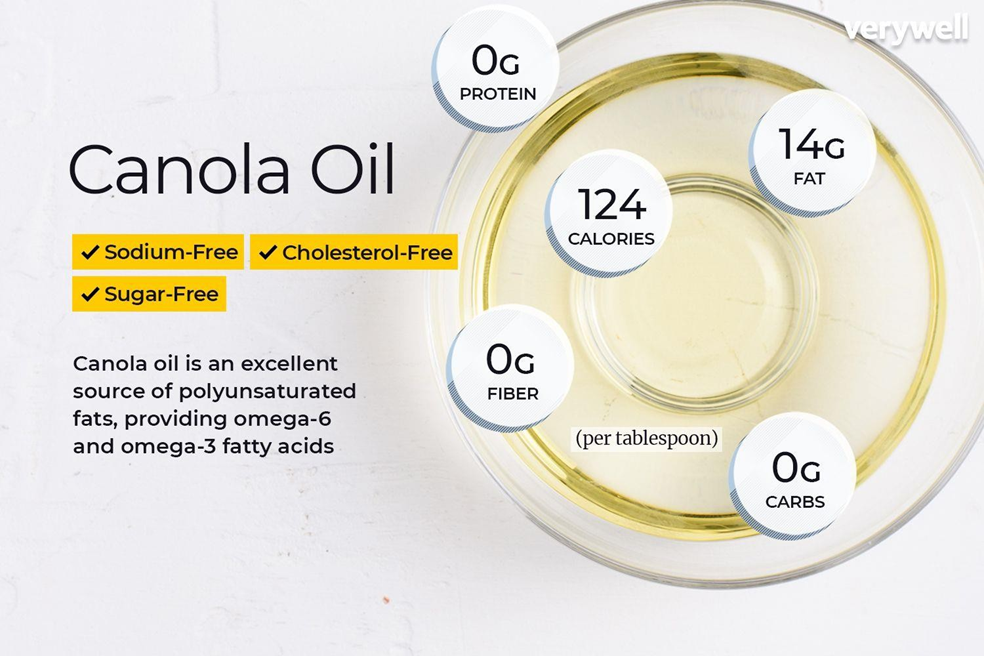A nurse is teaching a group of clients about decreasing the use of saturated fats in cooking.
The nurse should recommend which of the following dietary fats as having the lowest amount of saturated fat?
Butter
Palm oil
Coconut oil
Canola oil
The Correct Answer is D
A. Butter is high in saturated fat and should be limited in cooking to decrease saturated fat intake.
B. Palm oil is high in saturated fat and should be limited in cooking to decrease saturated fat intake.
C. Coconut oil is high in saturated fat and should be limited in cooking to decrease saturated fat intake.
D. Canola oil is low in saturated fat compared to other oils and fats, making it a healthier option for cooking when trying to decrease saturated fat intake.

Nursing Test Bank
Naxlex Comprehensive Predictor Exams
Related Questions
Correct Answer is D
Explanation
A. Crohn's disease is more commonly associated with weight loss or difficulty maintaining weight due to symptoms such as decreased appetite, malabsorption, and increased metabolic demands from inflammation.
B. Glutamine is an amino acid that may have some benefits in certain medical conditions, but there is limited evidence to support its use in Crohn's disease management. Avoiding glutamine is not a standard recommendation for Crohn's disease.
C. Crohn's disease can cause diarrhea and bowel irregularities, but taking mild laxatives is not typically recommended as part of the management plan. In fact, laxatives may worsen symptoms in some cases.
D. Limiting the amount of fiber in the diet can help reduce gastrointestinal symptoms such as diarrhea, abdominal pain, and bowel obstructions, which are common in Crohn's disease.
Correct Answer is B
Explanation
A. Sucking on sugar-free candy may exacerbate diarrhea due to the sugar alcohols or artificial sweeteners commonly found in such candies.
B. Eating bananas can be beneficial because they are rich in potassium, which can help replace electrolytes lost during diarrhea.
C. Drinking hot tea, especially caffeinated varieties, can act as a diuretic and may worsen dehydration.
D. Carbonated beverages can contribute to gas and bloating, which may worsen discomfort in someone experiencing diarrhea.
Whether you are a student looking to ace your exams or a practicing nurse seeking to enhance your expertise , our nursing education contents will empower you with the confidence and competence to make a difference in the lives of patients and become a respected leader in the healthcare field.
Visit Naxlex, invest in your future and unlock endless possibilities with our unparalleled nursing education contents today
Report Wrong Answer on the Current Question
Do you disagree with the answer? If yes, what is your expected answer? Explain.
Kindly be descriptive with the issue you are facing.
